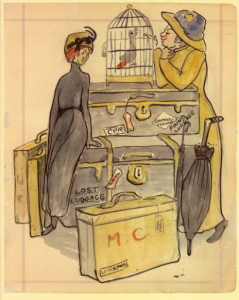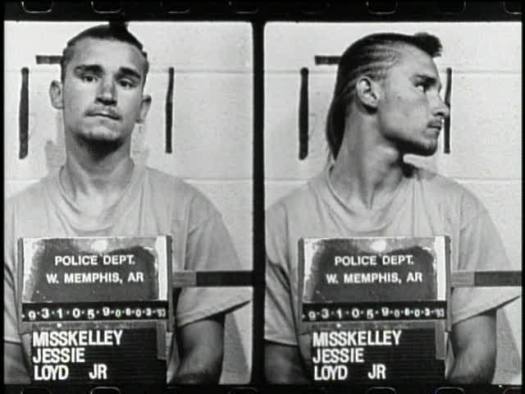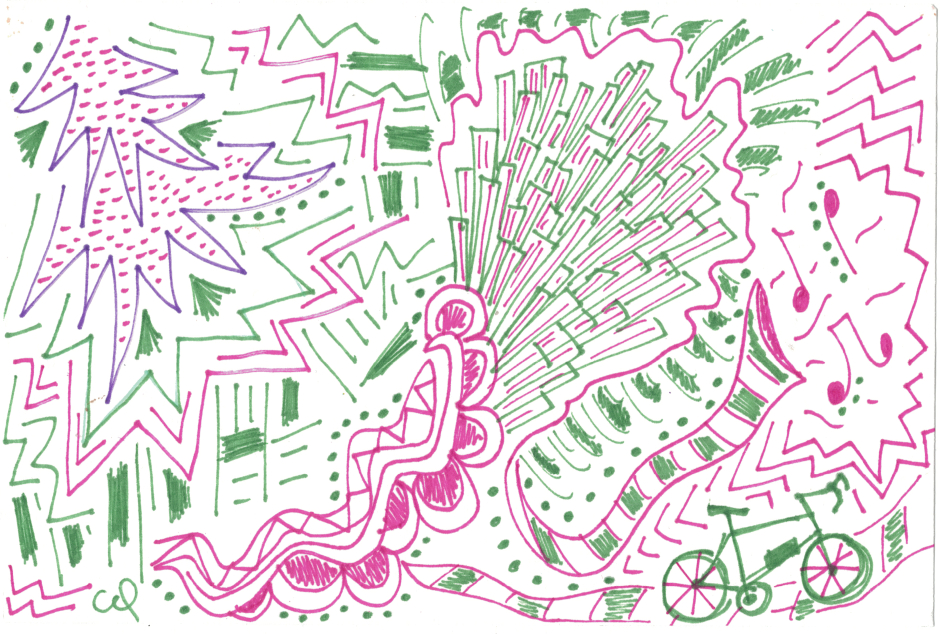Two posts for the price of one today! This is loosely connected to the 1968 Club because Stuck in a Book Simon has reviewed the autobiography of Frank Baker, who wrote the wonderful, wonderful, wonderful Miss Hargreaves, and when I came across this picture quite a while ago it reminded me of her. So I wrote this post, then thought I was being silly, and it’s been languishing in the drafts ever since. But today it seems kind of apposite…
 Emily Carr’s portrait of herself (right) and her sister reminds me of Frank Baker’s Miss Hargreaves.
Emily Carr’s portrait of herself (right) and her sister reminds me of Frank Baker’s Miss Hargreaves.
Look! It’s Miss Hargreaves! Only it isn’t, of course. It’s Canadian artist Emily Carr.
Don’t you think she (the lady on the right) looks a bit like the central figure in Frank Baker’s book of the same name? For those of you who have no idea what I’m talking about, it’s one of the best novels ever (read about it here). Basically, it tells the story of Norman, who invents the elderly and eccentric Miss Constance Hargreaves (pronounced Hargrayves), and is more than a little taken aback when she comes to life and visits him! She alights from the train accompanied by a dog on a purple lead and a cockatoo, as well as a bath, two trunks, assorted bags and a harp.
She was very small, very slight, with a perky, innocent little face and speedwell-blue eyes. Perched on top, right on top, of a hillock of snowy white hair: buttressed behind by a large fan-comb, studded by sequins and masted by long black pins, lay a speckled straw hat. Over a pale pink blouse with a high neck and lace cuffs, she was wearing a heathery tweed jacket; a skirt to match. Round her neck was a silver fur. Resting on one stick, she was holding the other, and the umbrella was on her arm; they were black ebony sticks, with curved Malacca handles.
The sticks are missing, and the dog, and the bath, but there’s something about the expression and stance of the artist that reminds me of Miss Hargreaves – perhaps it’s all that luggage, but I do think it somehow captures her spirit. They’re both pleased with themselves, and with life in general, I think. I imagine Miss Hargreaves looking very like this, and the luggage, the bird, and the big, black umbrella are just as I imagine them because, although Baker’s book was published in 1940, the events described happened a decade previously, when elderly ladies like Miss Hargreaves were still rather Edwardian Edwardian in appearance and outlook.
The picture (which should, apparently, be referred to as a cartoon), was painted by Emily Carr (1871-1945) to illustrate her account of her time in Paris, but I’ve no idea what it is called. She travelled to the city in 1910, at the age of 38, to study ‘the New Art’, and was accompanied by her sister (the rather drooping figure on the left), their trunks, and an ill-humoured parrot called Rebecca. The picture and information were featured on Parisian Fields, which is one of my favourite not-about-books-blogs. Canadians Norman Ball and Philippa Campsie are lucky enough to spend a great deal of time in Paris, and their love for the city shines through. Their posts are quirky, well written, and beautifully illustrated with their own photographs, as well as old postcards and pictures. Their historical research is excellent, and they’re attracted by things off the usual tourist trail, like street lights, seats, doorways and adverts.
You’ll find masses of information about Emily Carr on their site, but I’m sure they won’t mind if I tell you that the picture was shown at an exhibition, Sister and I: From Victoria to London (Royal British Columbia Museum, 2011).
Emily Carr’s time in Paris seems to have marked a pivotal point in her career. She’s known as a post-impressionist and modernist, and her bold, brightly coloured work celebrates Canadian wildlife and the native people. This picture, with its detail and muted colours, is very different to the bold, bright paintings she is best known for.
 Emily Carr, Odds and Ends, 1939. (Pic courtesy of Wikipedia)
Emily Carr, Odds and Ends, 1939. (Pic courtesy of Wikipedia)
Advertisements Share this:






